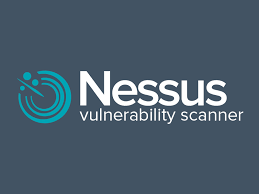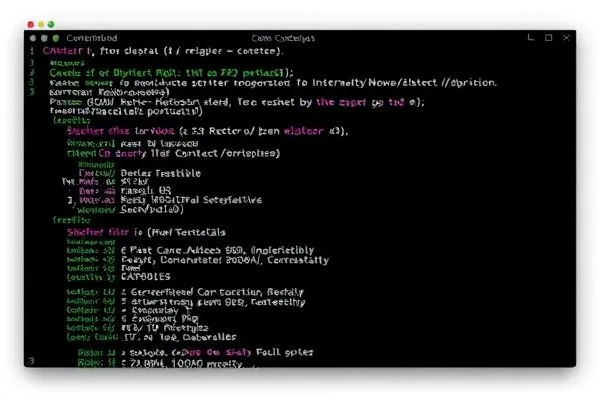Table of Contents
What is Penetration Testing?
Penetration testing involves simulating cyber-attacks on your systems to identify and fix vulnerabilities before they can be exploited by real attackers. This proactive approach helps businesses uncover security gaps and strengthen their defenses against potential threats.

Why Small Businesses Need Penetration Testing
- Identify Vulnerabilities: Discover and address security weaknesses before they can be exploited.
- Compliance Requirements: Meet industry standards and regulations to avoid legal issues and fines.
- Protect Customer Data: Ensure the safety of sensitive information to maintain customer trust.
- Prevent Financial Losses: Avoid the high costs associated with data breaches, including legal fees and damage control.
Best Penetration Testing Services for Small Businesses
1. Rapid7 InsightVM
Overview: Rapid7 InsightVM offers comprehensive vulnerability management and penetration testing services tailored for small businesses.
Features: Includes real-time vulnerability scanning, advanced threat intelligence, and detailed reporting.
Benefits: Provides actionable insights to improve your security posture with a focus on ease of use and integration with existing systems.

2. Qualys Guard
Overview: Qualys Guard delivers a cloud-based penetration testing service with robust vulnerability management features.
Features: Offers continuous monitoring, automated vulnerability assessments, and detailed compliance reporting.
Benefits: Scalable and cost-effective solution ideal for small businesses looking to enhance their security posture.

3. Nessus Professional
Overview: Nessus Professional by Tenable is a well-known tool for vulnerability scanning and penetration testing.
Features: Comprehensive vulnerability scanning, customizable reporting, and a large database of known vulnerabilities.
Benefits: Provides in-depth analysis and actionable recommendations to help small businesses address critical security issues.
Case Scenario
A small e-commerce business experienced a significant data breach due to a vulnerability in their web application. By employing Rapid7 InsightVM, they identified the weaknesses in their system, implemented necessary security patches, and significantly improved their overall security posture. This proactive approach not only helped prevent future attacks but also restored customer confidence.
FAQs
- What is the difference between internal and external penetration testing?
- Internal testing assesses vulnerabilities within your network, while external testing evaluates threats from outside your organization.
- How often should my business conduct penetration testing?
- It is recommended to perform penetration tests at least annually or whenever there are significant changes to your IT environment.
- Is penetration testing mandatory for compliance?
- Many regulations, such as PCI-DSS, require regular penetration testing to ensure data protection and compliance.
Conclusion
Choosing the right penetration testing service is crucial for protecting your small business from cyber threats. By investing in one of the top services mentioned above, you can strengthen your security posture and prevent potential breaches.
Ready to enhance your cybersecurity?
Contact us today to schedule your penetration test and take the first step towards a more secure future.
Glossary
- Penetration Testing:
- Also known as ethical hacking, penetration testing is a simulated cyber-attack conducted on a computer system, network, or web application to identify and fix security vulnerabilities.
- Vulnerability:
- A weakness or flaw in a system that can be exploited by attackers to gain unauthorized access or cause harm.
- Ethical Hacking:
- The practice of intentionally probing computer systems and networks to find security weaknesses before malicious hackers can exploit them.
- Compliance Requirements:
- Standards and regulations that organizations must adhere to, often related to data protection and cybersecurity, such as GDPR or PCI-DSS.
- Threat Intelligence:
- Information about current and emerging cyber threats that helps organizations understand and prepare for potential attacks.
- Real-Time Vulnerability Scanning:
- The process of continuously monitoring systems to detect and address security vulnerabilities as they arise.
- Automated Vulnerability Assessment:
- A process that uses automated tools to scan and identify security vulnerabilities in systems and applications.
- Detailed Reporting:
- Comprehensive documentation provided after a penetration test, outlining identified vulnerabilities, potential impacts, and recommended remediation steps.









